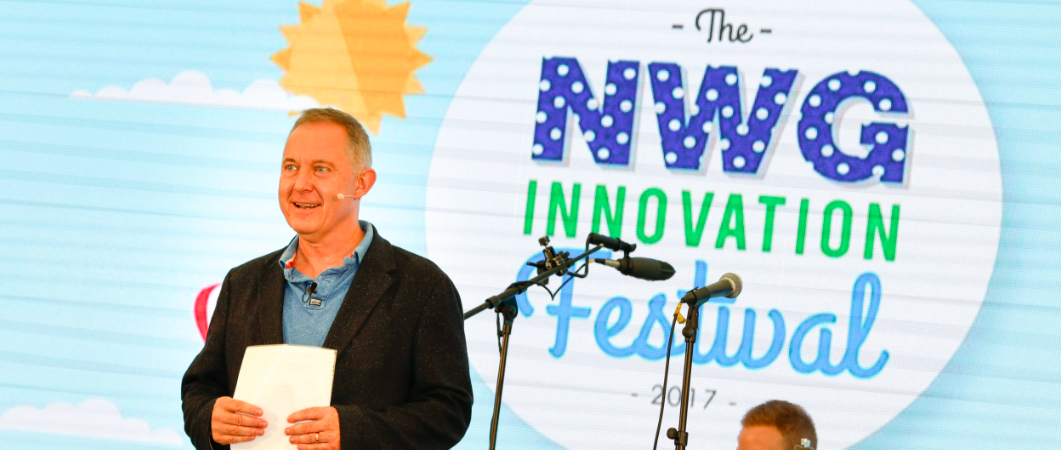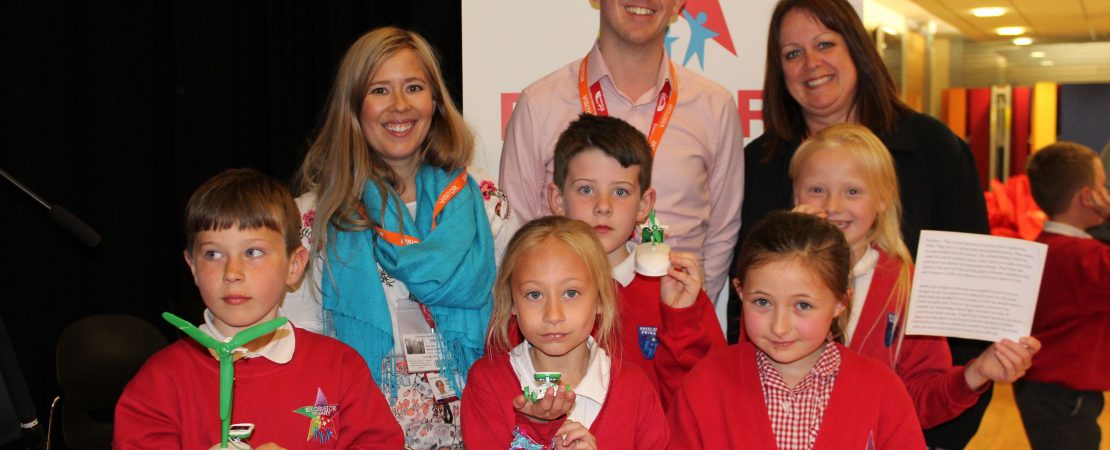The UK must ensure that it retains access to the Single Market, has an open trading regime and maintains a stable regulatory framework with the European Union to minimise the impact of Brexit on the North East economy. This is the key conclusion of ‘Leaving the European Union’, a report by a powerful regional economic group says today.
The North East Brexit Group was formed to provide a collective voice for the region in order to contribute to the ongoing national dialogue around the UK leaving the European Union. It includes networks representing businesses, education, trade unions, local authorities and voluntary organisations.
The group has compiled evidence from a wide range of government, academic and business sources to develop a clearer understanding of issues, challenges and opportunities which businesses and other economic partners believe need to be addressed to support the regional economy as the UK’s exit draws closer.
The ‘Leaving the European Union’ report looks at economic forecasts as well as specific issues of concern, and opportunities identified, for each of the key North East business sectors.
The common finding throughout the range of economic studies collated is that lower levels of economic activity are forecast in the region over different timescales as a result of the decision to leave the EU.
Drawing together the findings, a series of recommendations are made in the report to Government about measures to protect the North East economy, as it concludes negotiations and develops new national policy. They are:
- Continued access to the European Single Market
- An open trade and investment environment with frictionless and tariff free flow of goods across the EU/UK border to create a level playing field for competition and ensure the stability of established supply chains
- Continued access to skilled individuals from the EU to tackle projected North East future skills shortages due to an ageing workforce and lack of skilled workers
- New policies to replace EU funding streams to the North East and to ensure that financial regulation can boost growth and skills
- A national Government communications campaign with clear and consistent advice and messages about Brexit, encouraging firms to prepare for legislative changes well in advance of leaving the EU.
In addition to the need to deliver a positive outcome to the discussion about the single market, trading regime and regulatory framework, another key finding is that more advice and support is needed for businesses to help them to prepare for the range of changes which could lie ahead.
Andrew Hodgson, North East LEP Chair, said: “This is a helpful report by the North East Brexit group, which identifies the economic opportunities and challenges of Brexit for the North East’s economy and businesses. The North East LEP will continue to deliver the ambitions of the Strategic Economic Plan (SEP) and adapt activities to maximise the economic opportunities, but also address the challenges, of Brexit in the North East.”
Jonathan Walker, head of policy and campaigns, North East England Chamber of Commerce said: “We communicate daily with our members on Brexit, hold regular consultations on trade policy and facilitate the shipment of millions of pounds’ worth of goods overseas every month.
“We do not believe Government should pursue a Brexit strategy that could cause any harm to our status as a strong exporting region and we’re delighted to contribute to any work which makes this point.”
Alistair Westwood, Deputy Regional Director at the CBI spokesperson said: “Businesses in the North East welcome the progress that’s been made so far, but this is no time to sit back and rest on our laurels. There is so much more to do.
“We leave the EU in less than one year and this must concentrate the minds of those on both sides. The global economy is growing, but the UK is already lagging behind.
“This means putting the big, unresolved issues under the microscope to find the right answers on Ireland, customs, regulation and access to people – for starters.
“Evidence is our best guide to good decisions about what comes next.”
Beth Farhat, TUC Northern Regional Secretary, said: “We welcome the report and are pleased to be able to work with others to highlight this evidence. 140,000 North East jobs depend on EU trade, and paid holidays, fairness for part-time workers and parental leave are guaranteed by the EU. The best way to keep the good jobs and rights at work that the single market provides is to be part of it.”
The report also identifies opportunities from Brexit. Businesses could build on sterling devaluation to boost exports, and there may be opportunities to secure more local supply chain activity given relatively cheaper capital costs.
The group’s report adds that some North East exporters, such as medicines manufacturers, have seen uplift in trade volume with businesses benefitting from the devaluation of sterling.
However, the overall balance of trade value has reversed to put the North East in a net importing position for the first time in many years.
Business confidence in digital and transport sectors has been affected with some decisions made to locate investment in Europe rather than in the North East.
Alongside manufacturing, a particular UK wide impact of Brexit is expected in places hosting knowledge intensive services. In the North East these are concentrated in Newcastle, Gateshead and North Tyneside.
Some businesses are planning ahead, in the absence of clarity and some are planning for a perceived worst case scenario of reverting to World Trade Organisation (WTO) trade arrangements. The majority of North East businesses have yet to start to plan as the implications of Brexit for them are not yet clear.
The full report can be read here
Ends.
Notes to Editors:
The North East Brexit Group is an informal group of participants from the following organisations: CBI North East, North East Chamber of Commerce, North East Federation of Small Businesses, Entrepreneurs Forum, North East EEF, Northern TUC, North East Local Enterprise Partnership, North East Combined Authority, representatives from Northumbria, Sunderland, Newcastle and Durham universities and Voluntary Organisations Network North East (VONNE).







